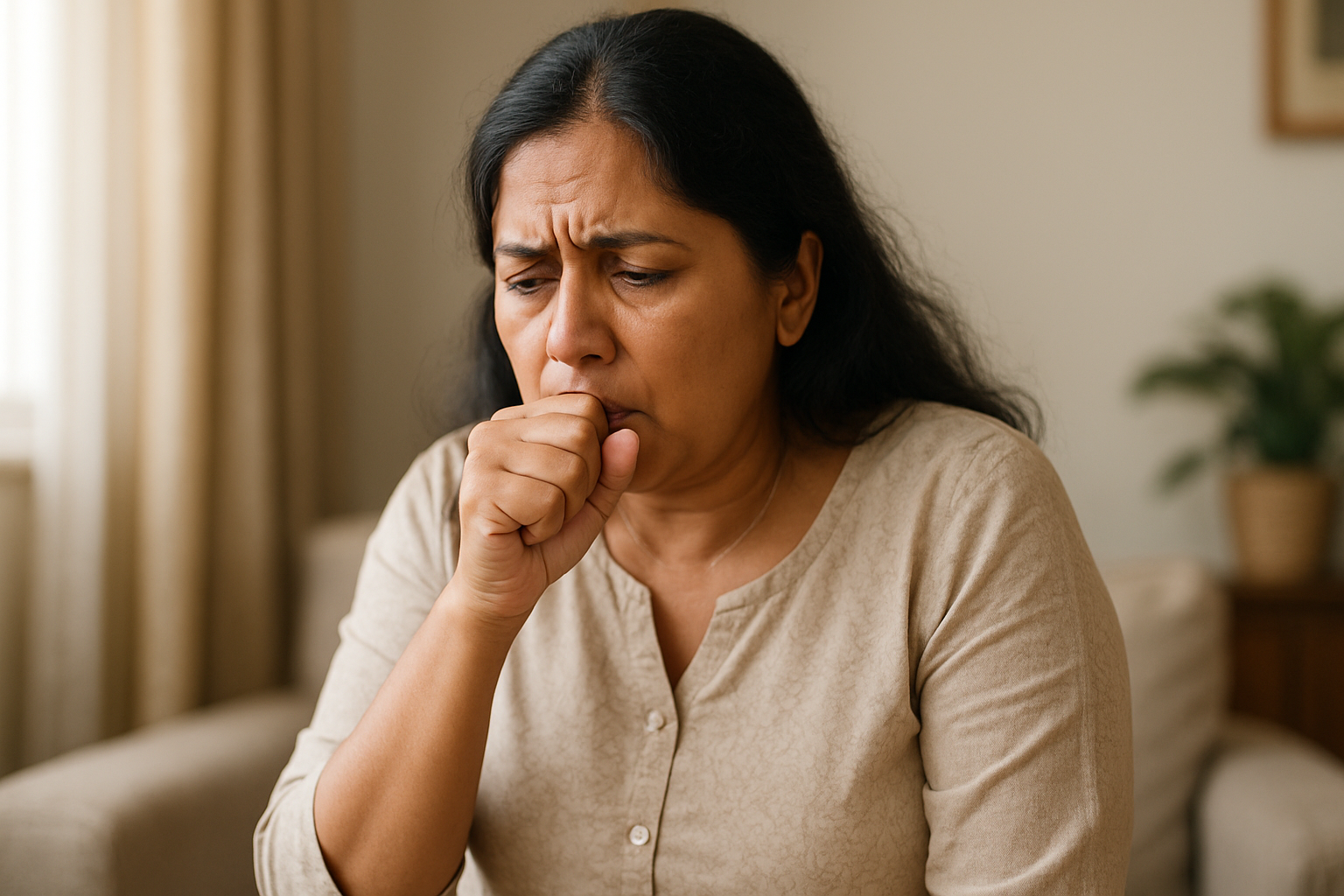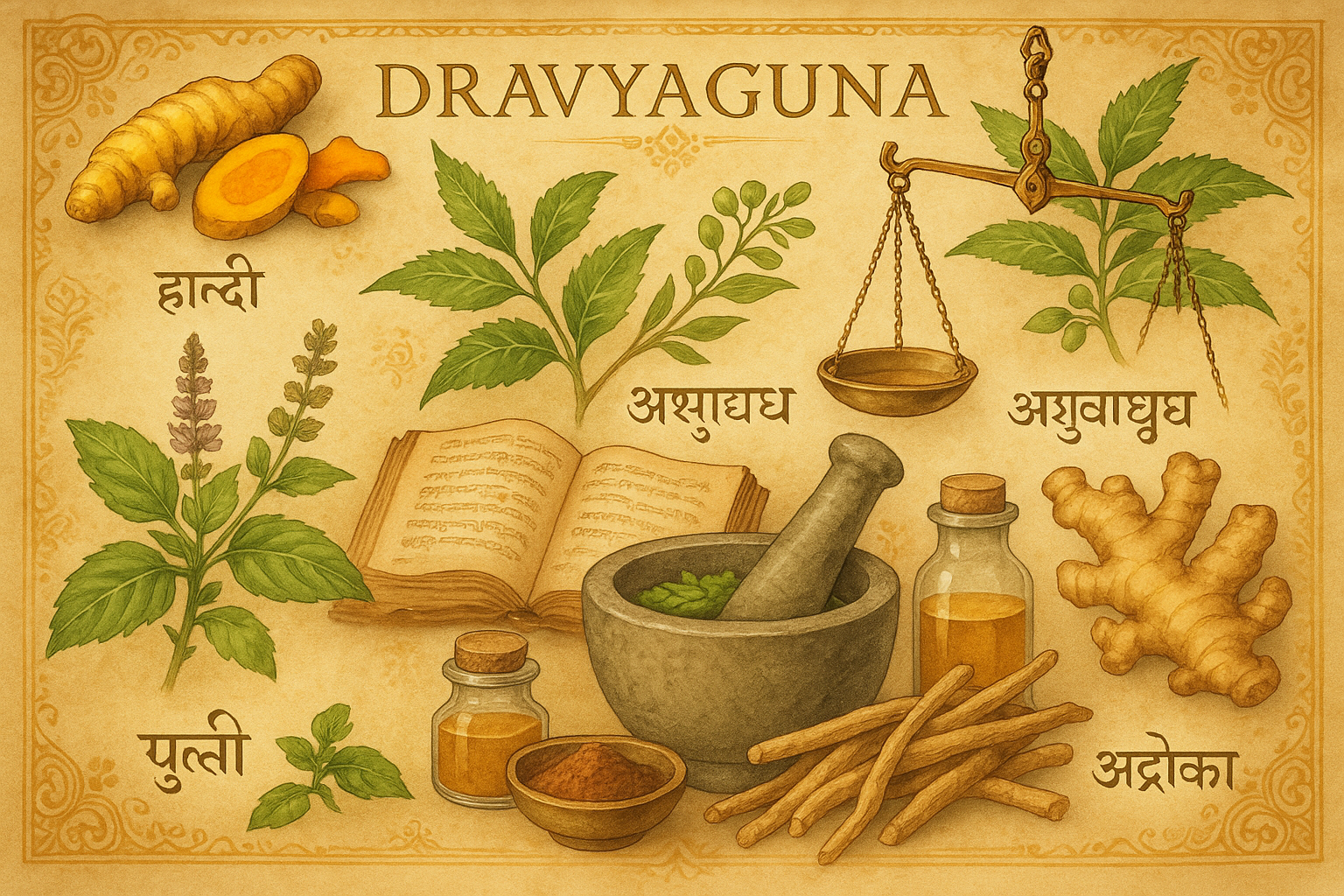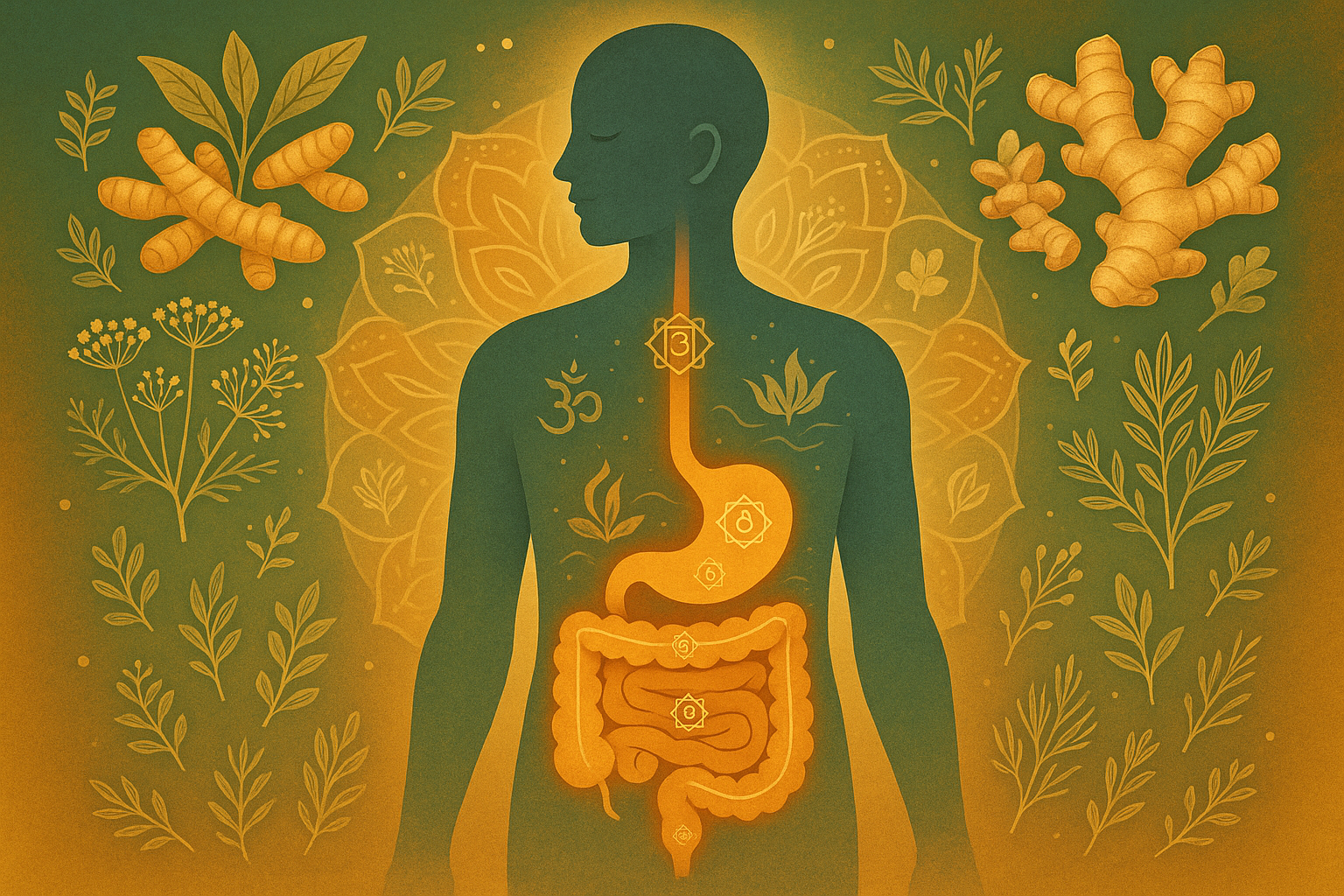Dr. Nambi shared Ayurvedic insights on food, digestion, lifestyle, and health. Drawing from classical texts and contemporary understanding, he emphasized that food is not just nourishment but a foundational pillar of health.
“If your food and lifestyle are right, you may not need medicine at all.”
The Three Pillars of Health in Ayurveda
Ayurveda classifies health management into three components:
-
Ahara (Food) – The most critical aspect. What we consume becomes our body.
-
Vihara (Lifestyle) – Daily routines including sleep, exercise, and hygiene.
-
Aushadha (Medicine) – Given least importance if food and lifestyle are in harmony.
Understanding Ahara: The Role of Taste and Potency
Ayurveda identifies six primary tastes (Rasas):
-
Madhura (Sweet) – Most strength promoting, takes the longest to digest.
-
Amla (Sour)
-
Lavana (Salty)
-
Tikta (Bitter)
-
Katu (Pungent)
-
Kashaya (Astringent) – Least strength promoting.
A balanced meal should include all six tastes in this order. Starting with sweet and ending with astringent supports digestion and energy.
How Much and How to Eat
Dr. Nambi explains the Ayurvedic rule of food volume:
-
½ solids
-
¼ liquids (including water)
-
¼ space for air
This mirrors how we cook rice: leave space for steam to aid transformation. Overeating or compressing food inhibits this digestive “cooking” process in the gut.
When to Eat
-
Twice a day is ideal (as per ancient texts). But modern life one can eat thrice.
-
Eat only when hungry, not by the clock.
-
Avoid snacking and respect natural hunger cues.
-
Don’t shower or exercise immediately after eating – Both redirect blood flow away from digestion and can cause indigestion.
What to Eat
-
Prefer Snigdha Ahara (oily, moist foods) over dry or Ruksha foods.
-
Eat traditional and seasonal foods—they align with your genetics and local climate.
-
Stick to cooked foods, as they digest more efficiently.
-
Avoid mixing cooked and uncooked food in one meal.
-
Avoid excessive consumption of fermented foods (like idli, dosa) daily—they can block body channels.
Water and Hydration
Contrary to popular advice, Ayurveda doesn’t suggest drinking a fixed quantity like 2 or 3 liters of water. Instead:
-
Drink when thirsty.
-
Water before food may help weight loss.
-
Water with food maintains weight.
-
Water after food may lead to weight gain.
-
Drink in small sips, not large gulps.
Common Misconceptions
-
Raw foods and juices: Can lead to infection or indigestion if not managed well. Eat fruits whole; avoid smoothies with milk and sour fruits (a Viruddha combination).
-
Oats: Considered dry and not suitable as a regular breakfast, especially in Indian climates.
-
Detox at home: True detox requires Panchakarma. Daily discipline in food, sleep, and exercise is the best “detox.”
-
Oil usage: Use sesame oil for body and foot massage; coconut oil for hair.
Best Practices for Health
Dr. Nambi’s formula for good health:
-
Eat traditional, seasonal, balanced meals.
-
Sleep early and well.
-
Exercise or stay physically active daily.
Q&A Highlights
Q: Is drinking too much fennel harmful?
-
Yes. Excess of anything—even healthy items—is harmful. Moderation is key.
Q: Is raw egg better than cooked for osteoporosis?
-
No. Raw egg can carry infections. Boiled eggs are safer. Bone health needs a variety of minerals, not just calcium.
Q: What foods reduce Pitta?
-
Ghee, milk, rice, and naturally sweet root vegetables like beetroot and carrot.
Q: Can I eat idli/dosa every day?
-
No. Fermented foods like idli and dosa increase Kapha and can block channels if eaten daily.
Q: Is traditional fermented rice (Palaisadam/Palanchoru) good?
-
Yes, but only for those doing heavy physical labor. It increases Kapha and is not ideal for sedentary workers.
Q: Is coconut oil good for everyone?
-
Use the oil you grew up with. Regional oils suit your body best.
Q: What about vitamin D deficiency?
-
Get sunlight, consume milk and ghee, do regular exercise, and apply oil on the body.
Q: What’s better—Triphala or castor oil for constipation?
-
Castor oil suits Vata types with dry gut; Triphala works better for occasional constipation but shouldn't be used long-term.
Q: Is fasting healthy?
-
Yes, if done mindfully. Fasting gives the body time to heal, but avoid extreme fasting unless you're healthy and accustomed.
Q: How to improve digestion?
-
Regular exercise, proper sleep, and bathing (Snanam) stimulate Agni. Eat less, avoid overeating sweets.
Q: Can Ashwagandha reduce stress?
-
Only if you also reduce the root cause of stress. Herbs help, but environment matters.
















